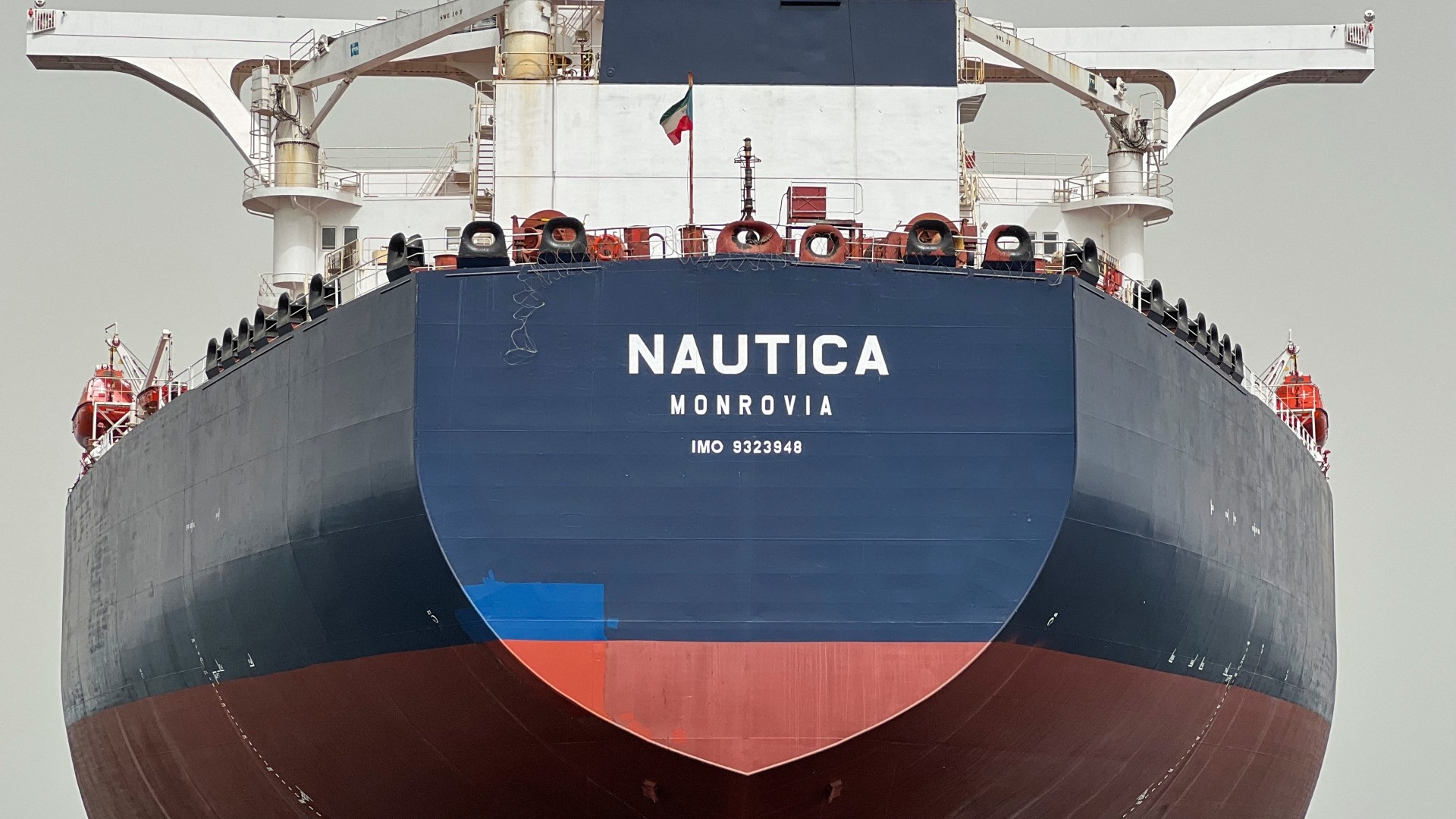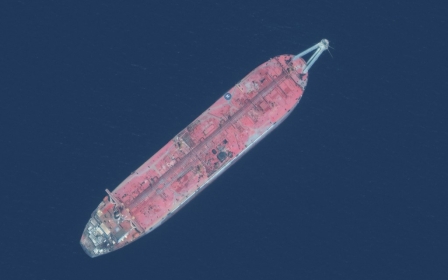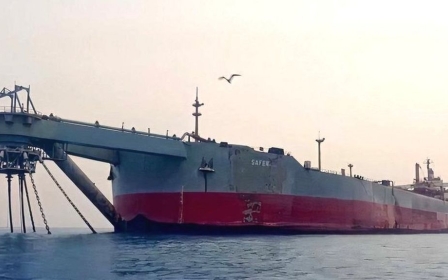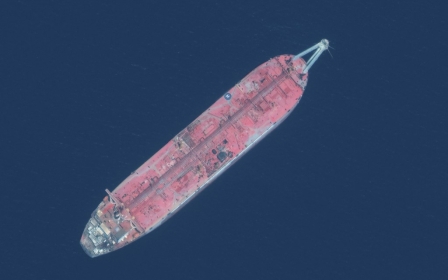UN drains oil from 'ticking time bomb' tanker off Yemen

The UN has started siphoning 1.1m barrels of oil from a decaying tanker off the coast of Yemen, concluding a year-long mission to defuse what environmental groups have called a “ticking time bomb”.
The rusting Safer Tanker was left to languish 6km off the coast of Yemen since its maintenance operations were suspended in 2014 due to the war.
Experts had warned that due to its structural deterioration, the tanker could explode imminently, creating an oil spill four times the size of the 1989 Exxon Valdez disaster in the Gulf of Alaska.
According to internal documents obtained by the AP in June 2020, seawater had already entered the engine compartment of the tanker, increasing the risk of sinking.
The UN warned a spill could destroy the Red Sea’s rich and biodiverse ecosystem, home to one of the longest, continuous reefs in the world.
New MEE newsletter: Jerusalem Dispatch
Sign up to get the latest insights and analysis on Israel-Palestine, alongside Turkey Unpacked and other MEE newsletters
It could also have devastating implications for the local population, unleashing widespread famine through the forced closure of ports and the collapse of the fishing industry.
"In the absence of anyone else willing or able to perform this task, the United Nations stepped up and assumed the risk to conduct this very delicate operation," UN secretary-general Antonio Guterres said.
Funding shortages delayed the rusting ship’s repair and prompted the UN to crowdfund part of the mission, which cost $143m in total, also covering the purchase of a replacement tanker, the Nautica.
The salvage operation is projected to take 19 days to complete according to a statement by the United Nations Development Programme (UNDP).
"We are obviously very cautious – it's only the beginning of a transfer," UNDP spokesperson Sarah Bel told a Geneva press briefing when asked about the operation's risks.
The UNDP warned that a spill could cost an estimated $20bn to clean up.
Middle East Eye delivers independent and unrivalled coverage and analysis of the Middle East, North Africa and beyond. To learn more about republishing this content and the associated fees, please fill out this form. More about MEE can be found here.




